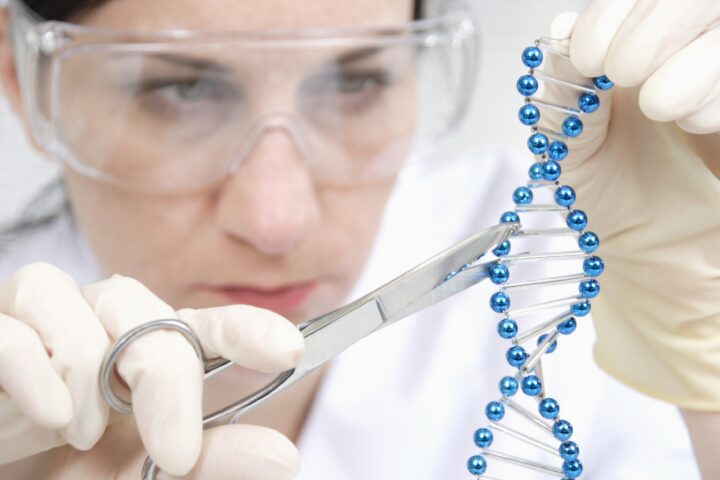
German oilseed processors call for commitment to genetic engineering
At the start of the year, the oilseed processing industry (OVID) wishes the new German government courage and determination to achieve the goals agreed in the coalition agreement. These include the restructuring of the energy supply, further development of the Nutri-Score and the reduction of bureaucracy.
Tuesday, January 4, 2022
"Important issues for the future remain unresolved," says OVID President Jaana Kleinschmit von Lengefeld. For example, as part of the critical infrastructure, the food industry depends on internationally competitive energy costs and functioning supply chains. "We need more security in raw material and energy supply. A practical, unbureaucratic carbon leakage protection in the national emissions trading system is urgently needed so that we can implement effective climate protection in Germany," the OVID president added.
In order to secure the supply of food, he said, the focus must be on the supply of raw materials to the German food industry. "Germany and the EU are and will remain dependent on imports for oilseeds. Despite sensible efforts to promote more regionality and domestic cultivation, it will be possible to change this only to a limited extent," explained Kleinschmit von Lengefeld.
With the start of a new year and a new federal government, the industry would like to see more political support and acceptance for the new breeding techniques. "We are convinced that the Nobel Prize-winning gene shear CRISPR/Cas offers the entire world enormous potential for sustainable agriculture. According to the coalition agreement, the federal government wants to 'Take a chance toward more progress', which would also mean promoting innovation and recognizing scientific risk assessment," the OVID president concluded.
Related articles

Genetic scissors for the future – soon in Switzerland too?
Genome editing is seen as a promising way to make agriculture more sustainable and climate-resilient. But Switzerland is hesitant to approve it. A popular initiative even wants to ban it. But what can CRISPR really do?

Less than 50 percent: How Switzerland is squandering its self-sufficiency
Swiss agriculture is under enormous pressure. Extreme weather conditions, pests and increasingly stringent regulations are putting producers under strain. As a result, self-sufficiency is falling dramatically, especially for plant-based foods. To ensure food security in Switzerland, effective plant protection products are urgently needed.

Only half the truth in the genetic engineering debate
Those who only see the risks remain blind to the opportunities offered by a new technology. Opponents of genetic engineering have presented a new survey on new breeding methods, which reveals some telling gaps.

«The FOAG is abandoning productive agriculture»
Increasing pests, missing tools, growing bureaucracy – the farmers' criticism of the federal government is loud and clear. Swiss agriculture is at its limit, reports Blick. The demand: effective plant protection products are urgently needed again.

